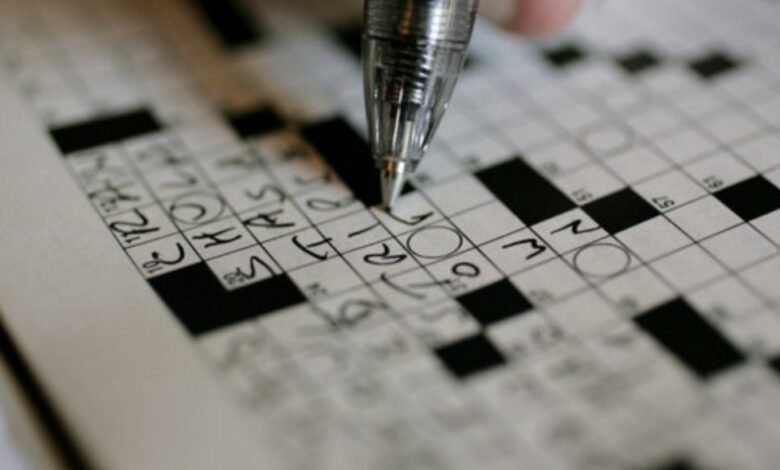The Frustration—and Value—of Getting Stuck

Nearly every crossword enthusiast encounters a clue or answer that seems impossible to crack. This common experience can be both exhilarating and maddening. The good news is that getting stuck is not a sign of failure—it’s a sign that you’re engaging in a challenge designed to develop new skills. Hitting roadblocks actually helps sharpen your reasoning, expand vocabulary, and instill a sense of persistence.
Dedicated puzzlers have learned to embrace these moments as growth opportunities. If you find yourself struggling, remember that countless strategies, resources, and approaches are available. Whether you seek guidance on techniques or want to learn more about different types of crossword books and helpful materials, support is always nearby for every solver level. Turning to curated collections or tips from seasoned solvers can reignite momentum when you’re stuck. With each puzzle you tackle, your confidence and skill set grow stronger.
First Steps When You Hit a Wall
When a crossword clue stumps you, the best first action is to step back and take a break. It’s amazing how often the answer reveals itself after a few minutes—or even hours—away from the puzzle. Shifting your focus can reset your mind and provide a fresh perspective. Returning to the grid with renewed energy can quickly dissolve mental blocks.
Another key tactic is to scan the grid for shorter clues or fill-ins, which might unlock a troublesome word thanks to new intersecting letters. Quick wins often yield new leads, allowing you to progress even if the longer or themed answers remain elusive.
Strategy Spotlight: Tactics That Break the Block
Experienced solvers rely on core tactics when tackling challenging clues. For example, try reading the clue aloud or considering alternative meanings for basic words. In crosswords, wordplay, homonyms, and puns are common, so don’t settle on your first interpretation.
- Work backward from intersecting letters to test possible fits.
- Fill in all plural or past tense answers, as these often give away helpful endings.
- Jot down a list of synonyms for tough clues to expand your options.
- Look for common puzzle tricks, such as abbreviations, homophones, or themes.
Helpful Tools and Trusted References
Using resources to validate difficult responses or get unstuck is appropriate and wise. Classic print dictionaries, thesauruses, and specialized crossword dictionaries remain popular tools. In today’s digital world, free clue databases and solver websites can help you double-check obscure or tricky words. According to the New York Times guide to solving, even the best crossword solvers consult outside help now and then to expand their knowledge and gain new perspectives on clue construction.
In addition, many crossword books include answer keys, practice sections, and tips—perfect for those who prefer to learn from structured resources rather than trial and error.
Benefits of Collaboration and Asking for Help
Puzzling doesn’t have to be a solo endeavor. Sharing the challenge with friends, family, or fellow enthusiasts can turn a solitary block into a moment of community. Discussing clues aloud often sparks ideas or interpretations you might have missed. Sometimes, a fresh set of eyes is all it takes to solve the trickiest entries.
Engaging with online crossword forums, local puzzle groups, or social media communities can expand your pool of knowledge. Learning from others’ approaches and sharing your own insights helps everyone improve. As highlighted by the Dictionary.com crossword tips, collective brainstorming frequently leads to “aha!” moments.
Learning from Tricky Clues
Every difficult crossword clue is packed with learning potential. After completing a tough puzzle, study your missed answers and read up on words or trivia that stumped you. This curiosity-driven review builds your knowledge base for future puzzles and helps you spot similar clues more quickly.
Over time, patterns—favorite clue types, tricky constructions, or word roots—will emerge that transform future roadblocks into stepping stones. Even seasoned solvers reflect on past stumbles as a natural part of improving their crossword mastery.
Building Patience and Resilience as a Solver
The most accomplished crossword enthusiasts know patience and resilience are as important as vocabulary and logic. Rather than viewing frustration as defeat, practice seeing it as a sign of growth in progress. Each puzzle you work through, stuck or not, helps shape your confidence for the next.
With time, you develop sharper skills and enjoy the process more—embracing the small victories, the satisfying aha moments, and even the hours spent feeling stumped. Remember, getting stuck is simply part of the puzzle journey.
